Panel 48 cm by 33 cm
Old frame 68 cm by 53 cm
Our painting is a magnificent composition of a scene often represented in the history of Art. We can locate its author in the middle of the 17th century in northern Italy. The scene is depicted with an incredible wealth of details that the eye continues to discover. The fabrics, the treasures, the outfits of the characters, the armor ... everything is superb.
An episode recounted by the bible It became mythical: in the 10th century BC. AD, a queen from a country of fabulous wealth is said to have visited King Solomon in Jerusalem. The meeting between the Queen of Sheba and Solomon, King of Israel, in her palace in Jerusalem is a very famous episode from the Bible. In the initial version which is that of the first Book of Kings (1K 10, 1-10) and the second Book of Chronicles (2Ch 9, 1-9), and which was taken up by the Judeo-Roman historian Flavius Josephus in his Jewish Antiquities (VIII, 165-175), Solomon, king of Israel, who then dominates by his wisdom and his power a large part of the Near East, receives the visit of a queen who governs with magnificence the distant kingdom of Sheba (or Sheba), in the south of the Arabian Peninsula. According to Flavius Josephus, the latter, "having heard of the merit and intelligence of Solomon, conceived such a keen desire to see him, after all that was said daily about his country, that she went to him. " When she arrived in Jerusalem, laden with the riches of her country, gold and herbs, she was dazzled by the glory, wisdom, splendor of the court and the power of the god of Solomon. He in turn showered her with gifts, then she set off for her distant country. In the Kebra Nagast, an Ethiopian story from the 14th century, the queen of Sheba, named Makeda, ignites the heart of Solomon. But she refuses to marry him because she does not want to join a harem that already has 60 wives and 80 concubines. Solomon seems to give up, but, by an unfair subterfuge, he ends up forcing her to give in to his desires: he promises to stop his advances if she swears to take nothing in the palace. The banquet he gave in his honor having been particularly spicy, Makeda wakes up in the middle of the night completely thirsty, and Solomon surprises her emptying a carafe of water found in the palace. Having broken her promise, the Queen of Sheba must share the bed with the King of Israel. Finally conquered, then even converted to the cult of Yahweh, she returned, pregnant, to her distant kingdom which then included South Arabia and Ethiopia. She gave birth to a son named Ménélik, the mythical founder of the Ethiopian Solomonids dynasty. This multifaceted account integrates a whole series of historical facts, but also legendary or downright fabulous, which obviously tell us more about the references and concerns of those who wrote them than about the protagonists themselves. The Bible depicts the sovereign of a kingdom of Israel which extends its hold over vast territories and exercises a supremacy recognized by all. In the way in which he enters into relation with the queen of Sheba and in which she comes to pledge her allegiance, we recognize more the functioning of the Assyrian Empire from the 8th-7th century BC.




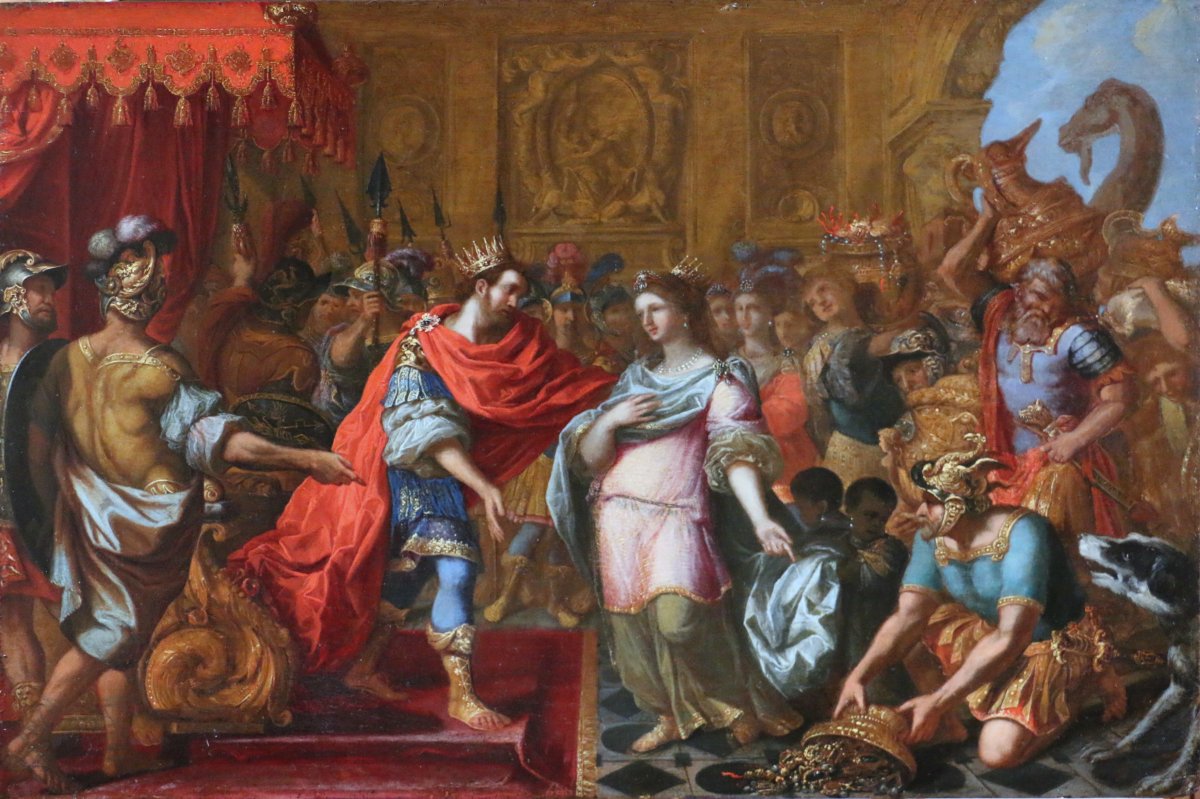
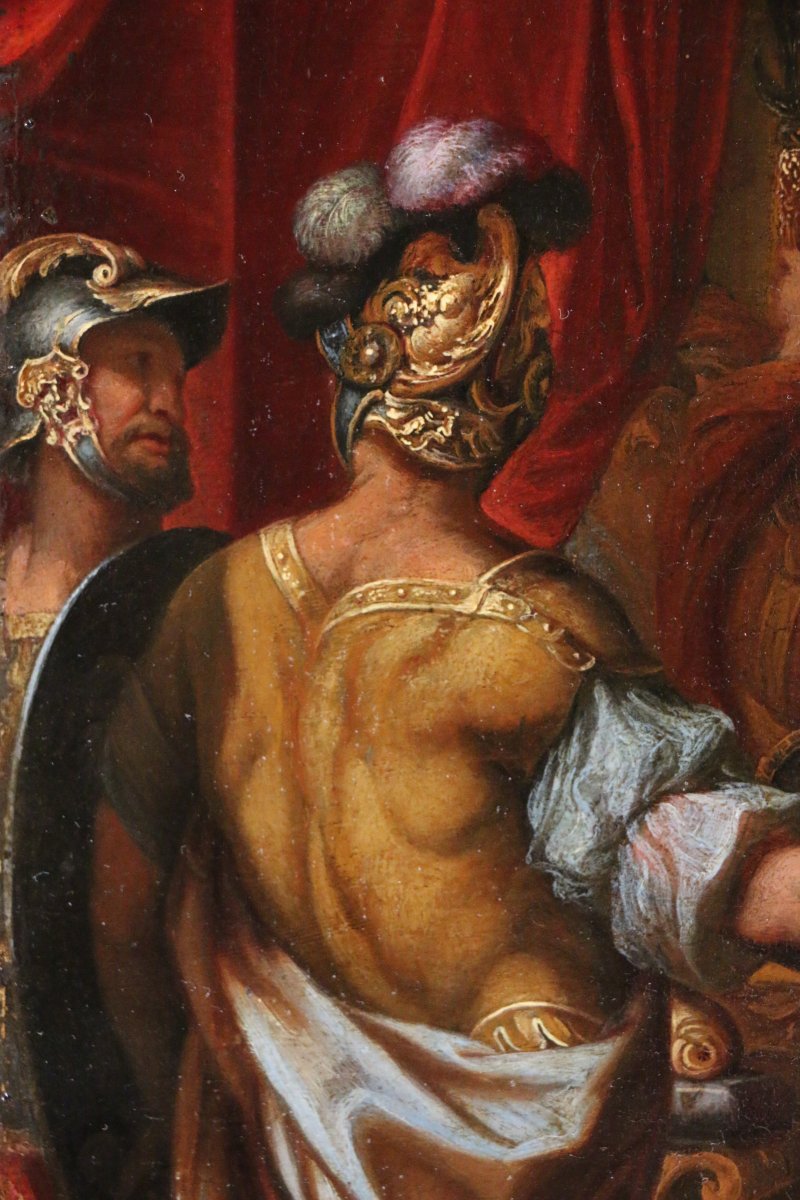
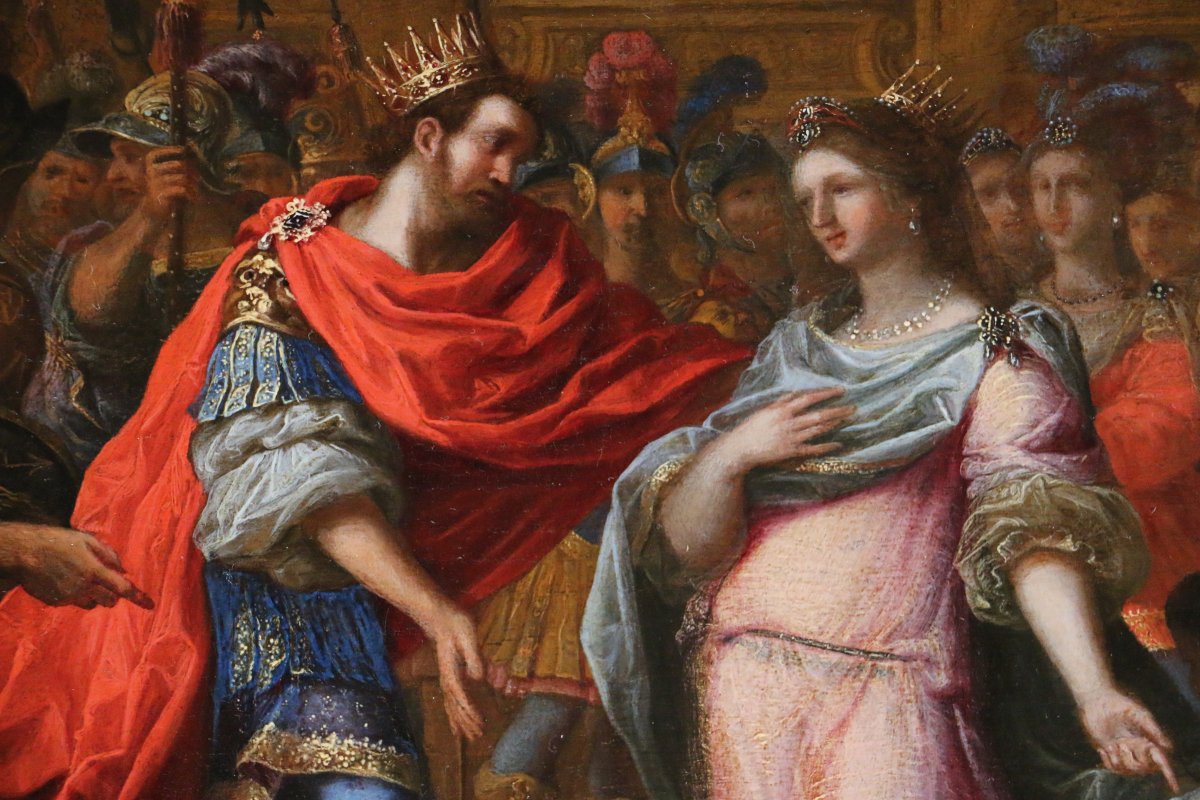


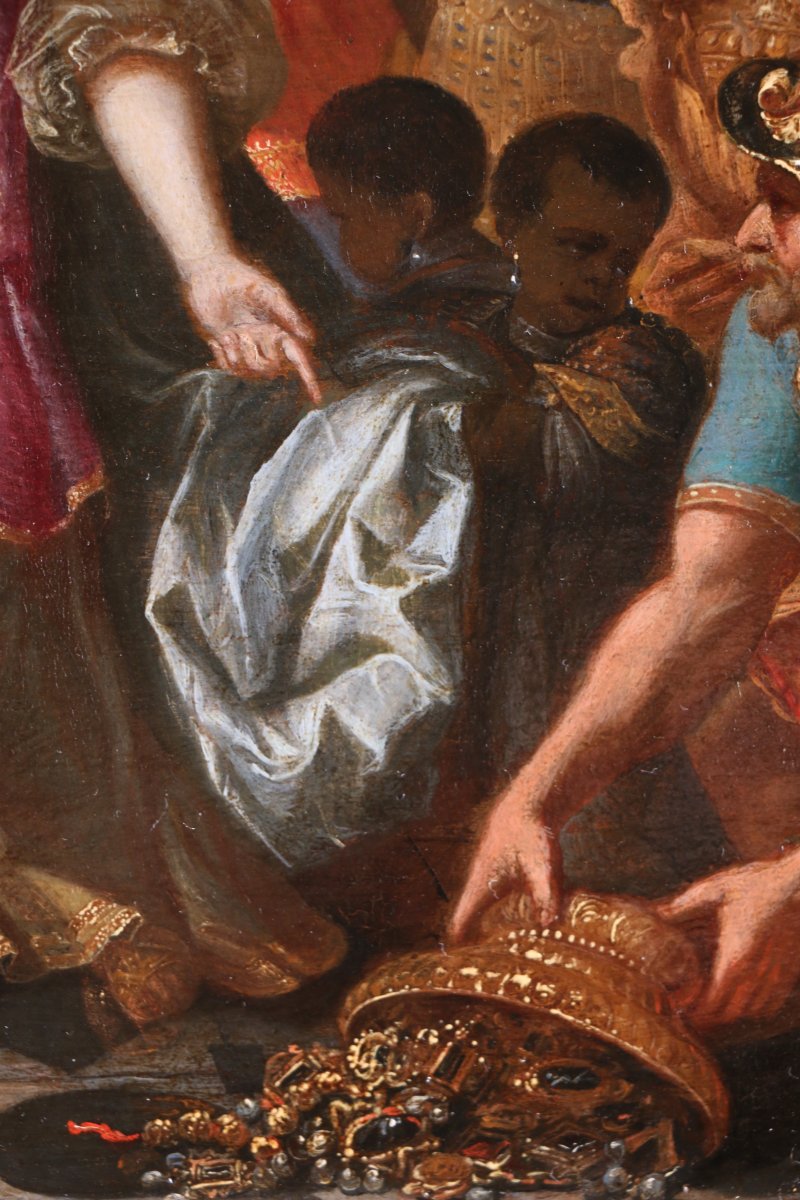

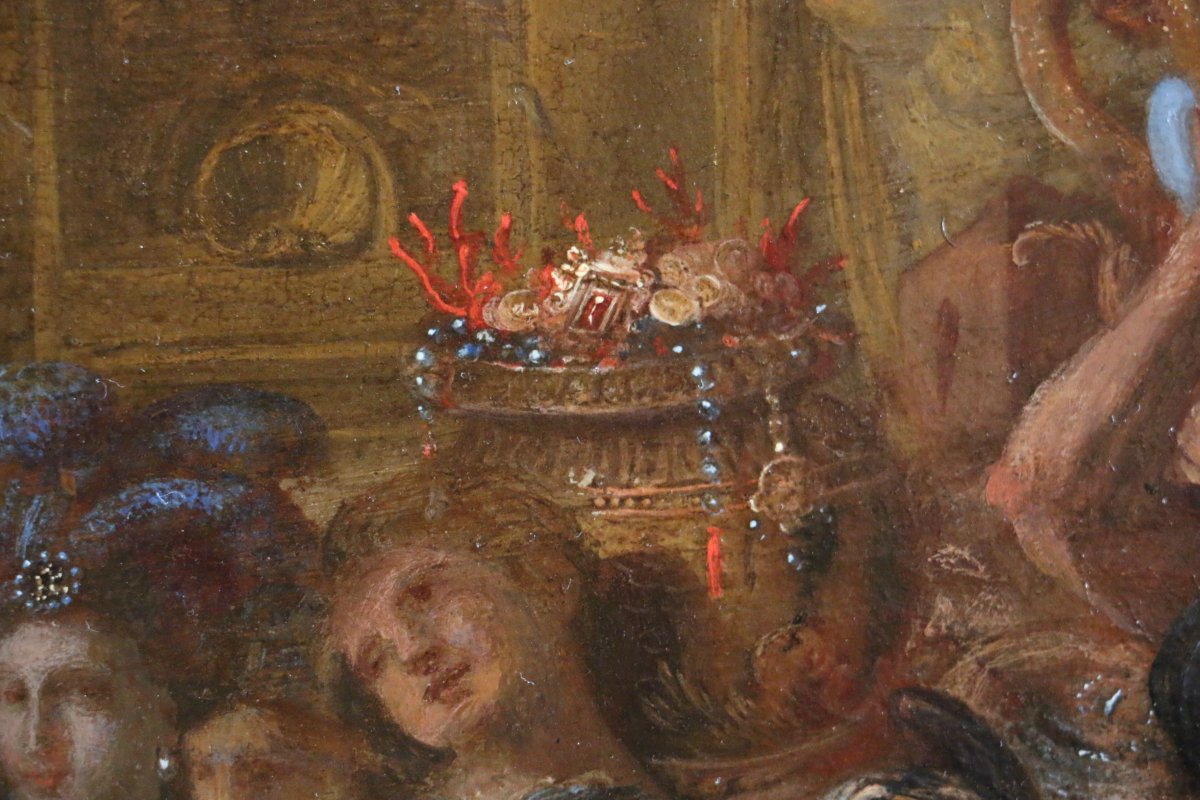
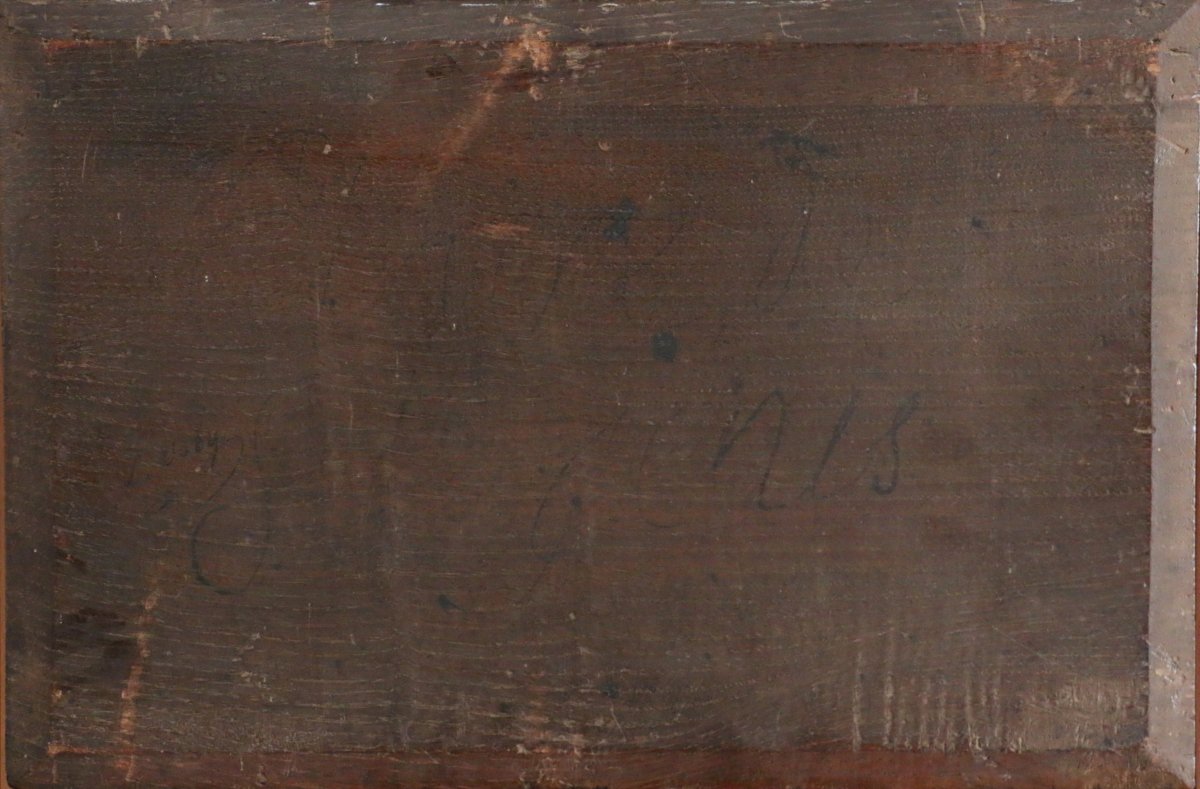

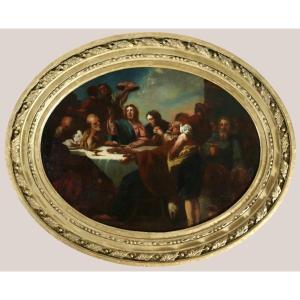


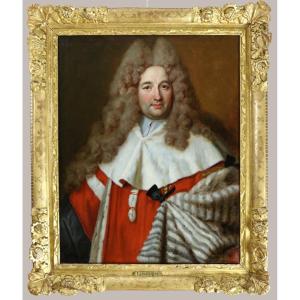



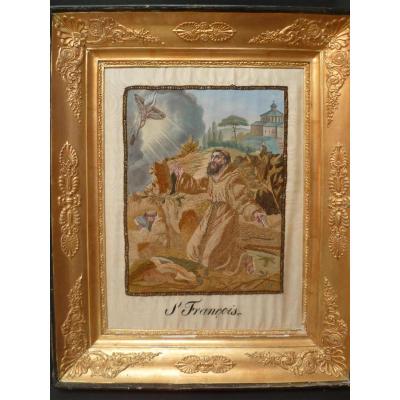


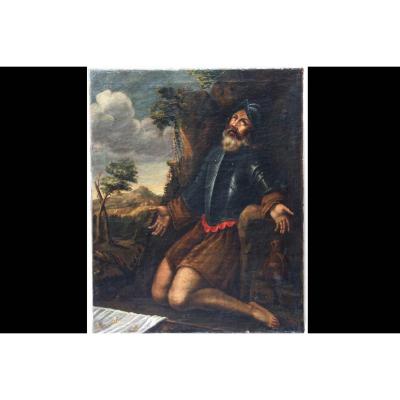




 Le Magazine de PROANTIC
Le Magazine de PROANTIC TRÉSORS Magazine
TRÉSORS Magazine Rivista Artiquariato
Rivista Artiquariato
